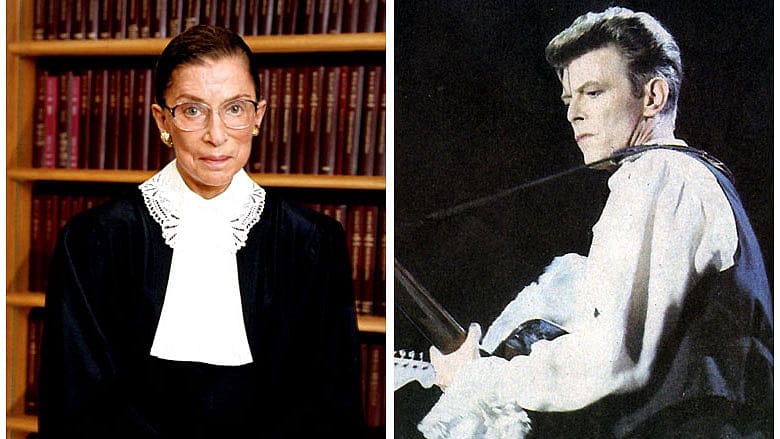Campaign 2016: The Court in the balance

The past two weeks have seen rock stars and movie stars dropping like flies. Since January 10, we have lost David Bowie at age 69, Alan Rickman at age 69, and Glen Frey at age 67.
I mention their ages because advances in healthcare and lengthening average lifespans should not obscure the fact our mortality is inevitable, and it becomes ever more inevitable as we enter our golden years. And it cannot escape notice that the rock stars of the legal profession – the justices of the United States Supreme Court – are as golden a group of professionals as you will find anywhere.

